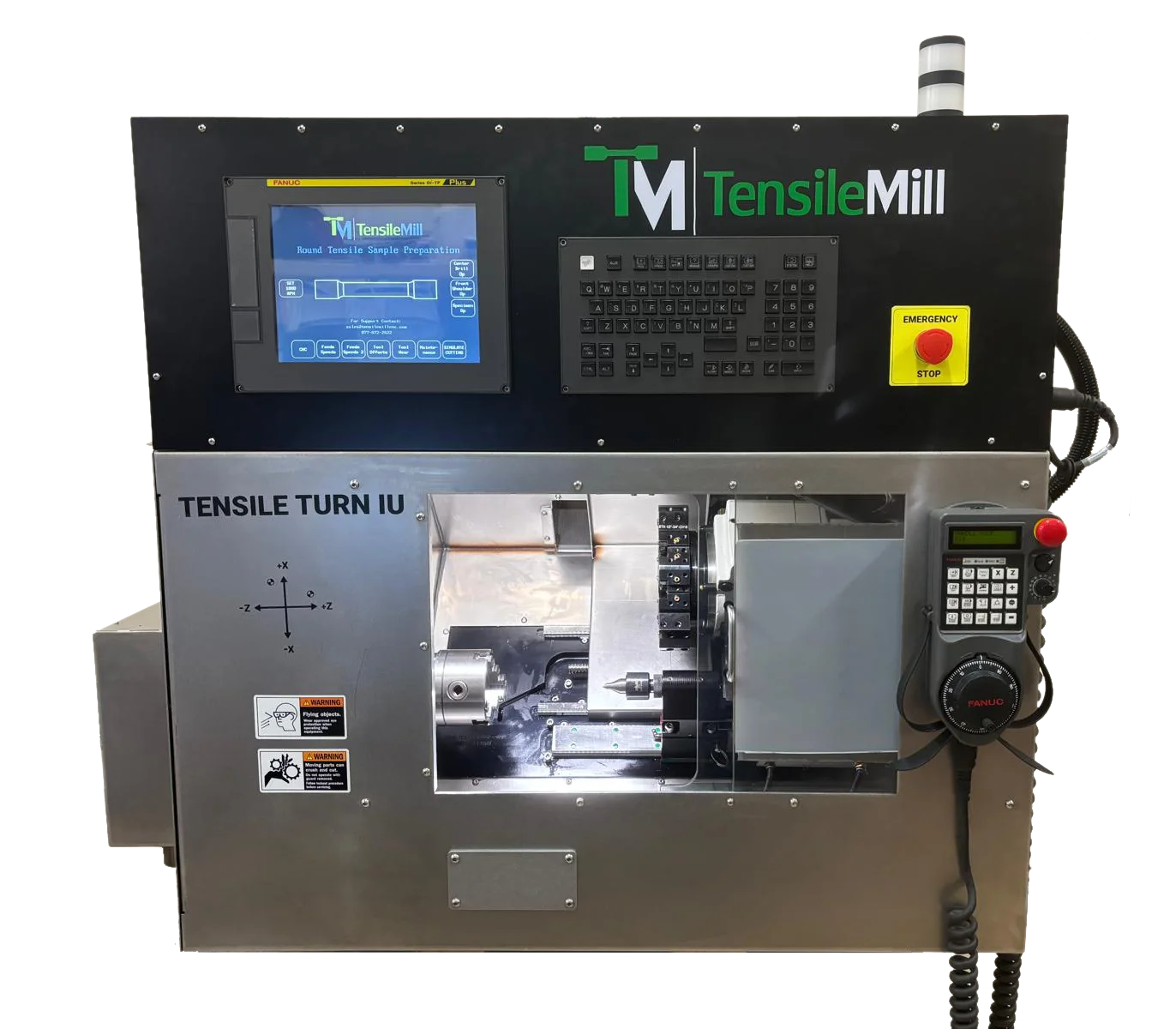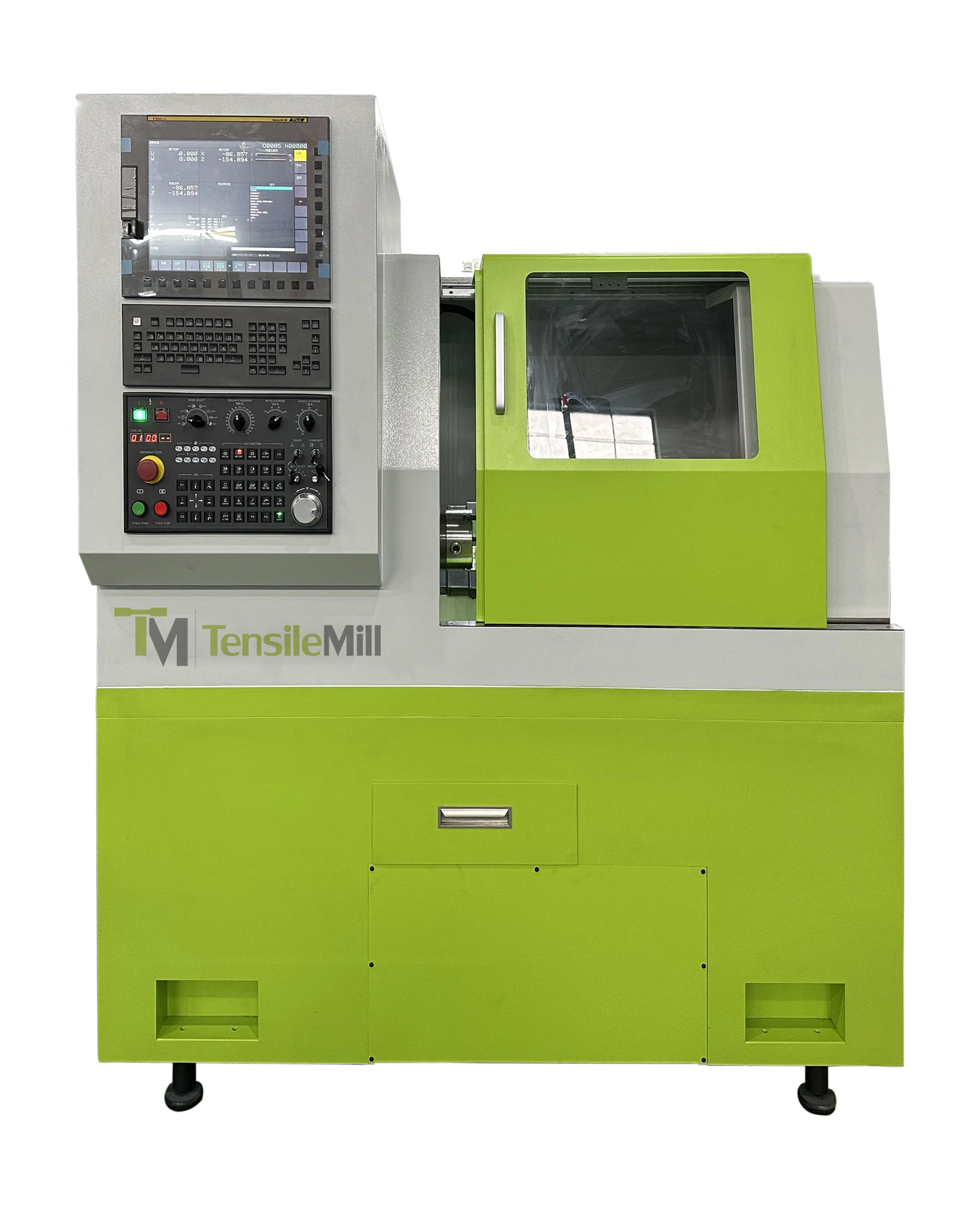Round tensile specimen preparation machines are used to produce round tensile samples for mechanical testing. These systems shape raw bars or cut blanks into precise specimen dimensions that support standardized tensile test geometries. Consistent diameter, gauge length, and transition profiles are important for comparing mechanical properties across different materials, production batches, or testing programs.
This category includes equipment suitable for small-scale laboratories, routine quality control, and continuous production environments. Machine configurations vary by spindle power, turning capacity, workholding setup, and level of operator guidance, allowing users to choose a system that aligns with material hardness, testing frequency, and the required throughput.
Round tensile specimen preparation can be applied to metals, alloys, composites, and other structural materials. Many systems offer guided machining workflows to support stable dimensional results even when operators do not have extensive CNC turning experience. These solutions help maintain reliable testing conditions when working in accordance with ASTM, ISO, or similar tensile testing standards.

